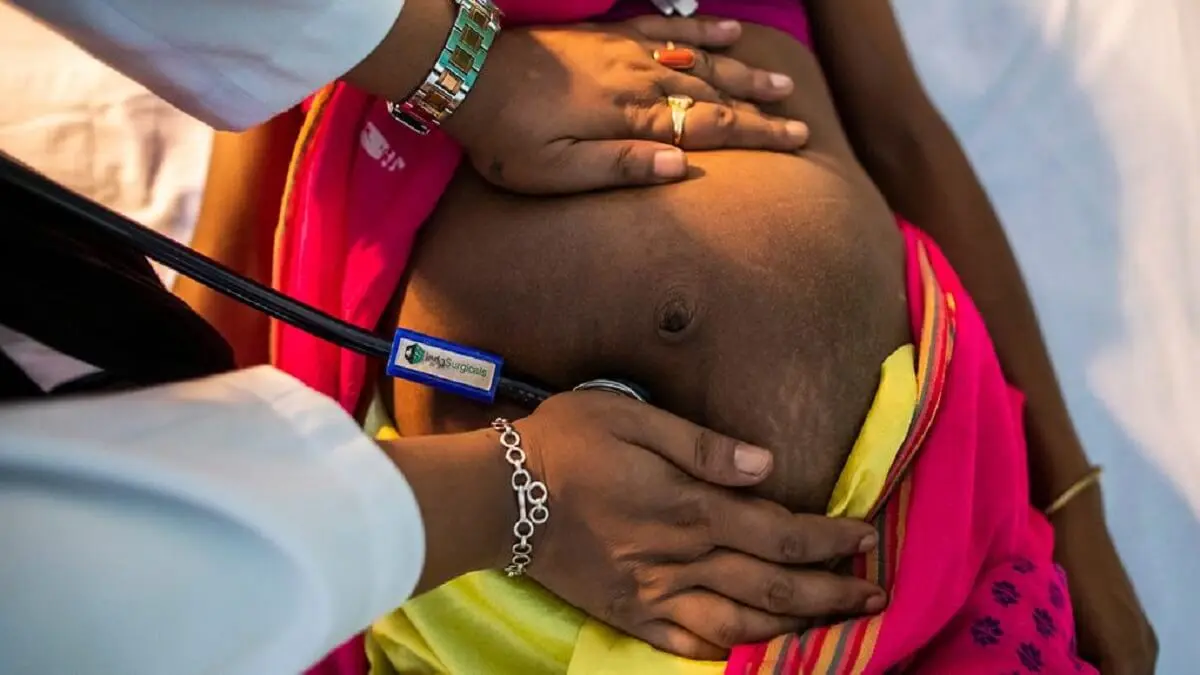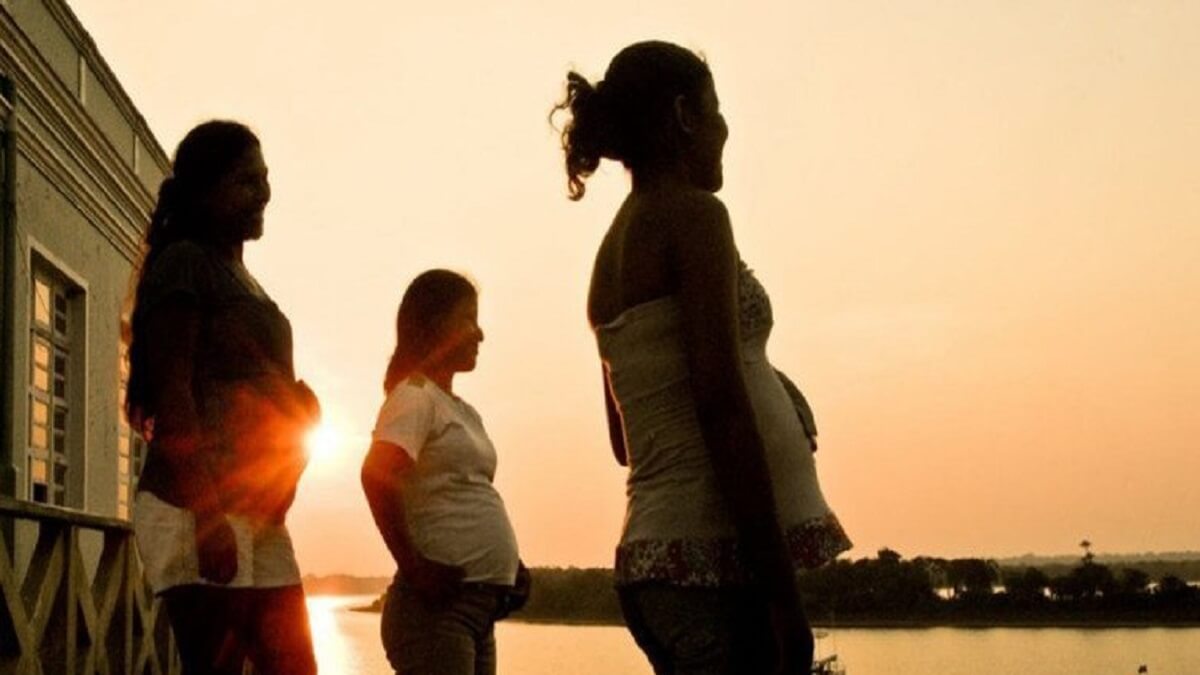More than 4.5 million mothers and babies die each year during pregnancy or childbirth

A woman or baby dies every seven seconds worldwide from preventable or treatable causes with proper health care, the World Health Organisation (WHO) warned on Tuesday, noting that this figure, which totals 4.5 million annually, is the same as it has been for eight years.
A new study points out that most of these deaths of pregnant women, mothers and newborn babies are due to the lack of sufficient investment in maternal and child care, an area in which resources have not only not increased, but have actually decreased
As an example, it reports that since 2018 more than three-quarters of countries in sub-Saharan and conflict-affected Africa have reduced funding for maternal and newborn health.
Disaggregated figures reveal 290,000 maternal deaths, 1.9 million babies dying after 28 weeks of pregnancy and 2.3 million infant deaths during their first month of life.
The UN agency explained that health systems worldwide are under severe pressure from the effects of the COVID-19 pandemic, increasing poverty and worsening humanitarian crises.
The impact of the pandemic persists
According to the latest survey of the pandemic's impact on essential health services, a quarter of countries still report interruptions in pregnancy and postnatal care, as well as in vital services for sick children.
WHO's director of Maternal, Newborn and Child Health called mortality rates "unacceptably high" and called for increased resources to reverse them.
"If we want to see different results, we need to do things differently. More and smarter investments in primary health care are needed now so that all women and babies have access to health and survival wherever they live," said Anshu Banerjee.
Poverty accentuates the problem
While this is a global problem, the loss of life is not the same in all countries: it is much higher in poor or emergency nations.
Less than 60% of women receive even four antenatal check-ups out of the eight recommended by the WHO in the most affected countries in sub-Saharan Africa and Central and South Asia, the regions with the highest burden of maternal and neonatal deaths.
In this regard, Julitta Onabanjo, Director of the Technical Division of the United Nations Population Fund (UNFPA), said that the death of any girl or woman during pregnancy or childbirth is a violation of their human rights, and called for a gender-sensitive approach to addressing the issue.
"It is vital that we eliminate the underlying factors that lead to poor maternal health outcomes, such as socio-economic inequalities, discrimination, poverty and injustice," Onabanjo stressed.

What is needed
To increase survival rates, women and babies need affordable, quality health care before, during and after childbirth, as well as access to family planning services.
More skilled health workers, especially midwives, are also needed, along with essential drugs and supplies, clean water and reliable electricity. The report emphasises that interventions must especially target the poorest women and those in vulnerable situations who are most likely to miss out on vital care, including through critical subnational planning and investments.
Encouraging finding
Separately, WHO today made the encouraging announcement that a new solution, called E-MOTIVE, could help reduce deaths from childbirth-related bleeding.
Defined as the loss of more than 500 ml of blood within 24 hours of childbirth, postpartum haemorrhage is the leading cause of maternal mortality worldwide, affecting an estimated 14 million women each year and causing around 70,000 deaths - one every six minutes - mainly in low- and middle-income countries.
Dr Pascale Allotey, director of Sexual and Reproductive Health and Research at WHO, explained that postpartum haemorrhage is not always predictable, although it is treatable. "However, its impact on the world is tragic," she said.
Allotey added that effective solutions to treat postpartum bleeding must be available and accessible so that all women can have a safe delivery and a healthy future.
Tests of E-MOTIVE in more than 200,000 women in four countries showed a 60% reduction in severe bleeding, i.e. the loss of more than one litre of blood.
There was also a substantial drop in the rate of blood transfusions for bleeding, which is extremely important in low-income countries where blood is a scarce and expensive resource.
The recommended E-MOTIVE package includes early and accurate detection of postpartum haemorrhage using a blood collection drape, and is complemented by an immediate treatment kit that includes uterine massage, drugs to contract the uterus and stop bleeding, intravenous fluids, an examination and, when necessary, escalation to advanced care.








